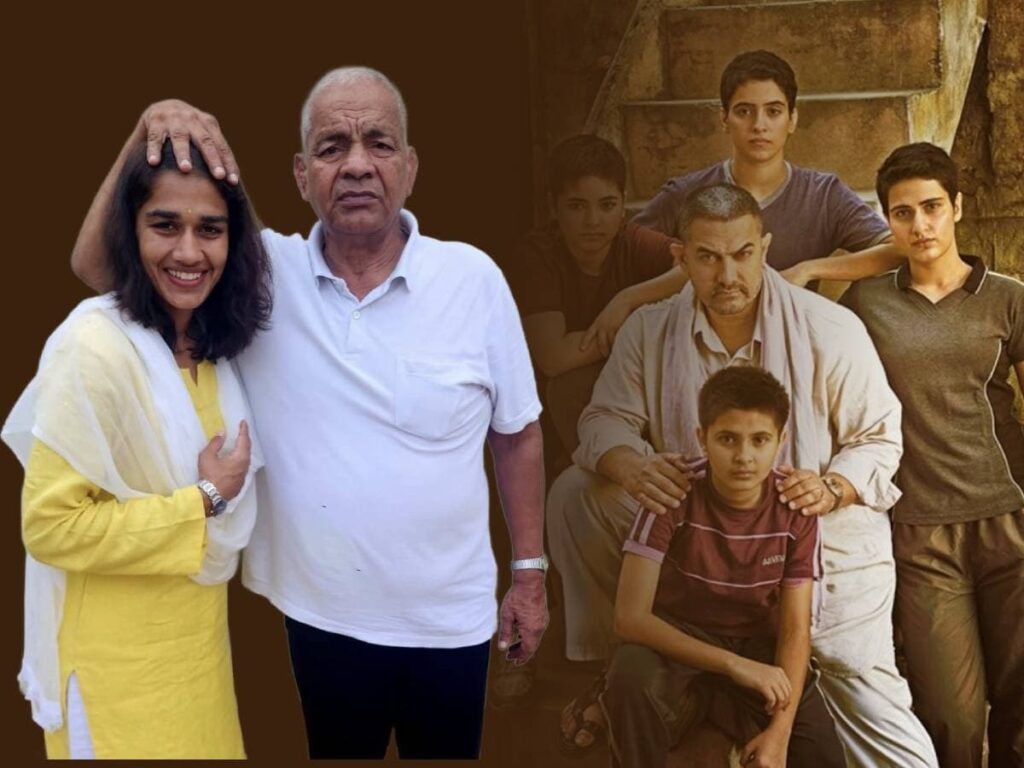Babita Phogat, a prominent figure in Indian wrestling and a member of the celebrated Phogat family, has made a significant revelation regarding the blockbuster movie “Dangal,” which is based on her family’s journey. The film, which stars Aamir Khan and showcases the struggles and achievements of female wrestlers in India, achieved massive commercial success, grossing around ₹2000 crores globally. However, Babita has expressed her disappointment that her family received only ₹1 crore from the film’s earnings.
The Impact of “Dangal” on Women’s Wrestling in India
The release of “Dangal” in 2016 brought unprecedented attention to women’s wrestling in India, inspiring a new generation of female athletes. The film not only highlighted the struggles faced by women in sports but also emphasized the importance of familial support in pursuing dreams. As a result, there has been a noticeable increase in female participation in wrestling since the film’s release.
Box Office Success
| Film | Release Year | Gross Earnings (₹ Crores) |
|---|---|---|
| Dangal | 2016 | 2000 |
| Other Notable Films | Various | Varies |
Financial Compensation for the Phogat Family
Babita’s remarks underscore a vital issue regarding the compensation of individuals whose lives are depicted in films. Despite the fact that “Dangal” has earned its producers substantial profits, the financial remuneration for the Phogat family paints a different picture, raising questions about the ethics of profit-sharing in film projects portraying real-life stories.
Challenges of Fair Compensation in the Film Industry
Many individuals and families whose stories inspire films often find themselves inadequately compensated for their contributions, both in terms of financial earnings and recognition. The disparity in earnings raises essential discussions about the rights of individuals whose lives are dramatized for commercial gain.
Responsive Measures and Future Implications
In light of this revelation, it becomes crucial for filmmakers to assess and implement fair compensation practices for the subjects of their films. Establishing transparent agreements and ensuring equitable profit-sharing could foster a better relationship between filmmakers and the actual individuals whose stories they tell. The conversation around this matter needs to include industry stakeholders, legal experts, and the families affected to create a more just framework for future projects.
Conclusion
Babita Phogat’s revelation about the earnings from “Dangal” has shone a light on the critical issue of compensation for individuals whose stories inspire cinematic narratives. While “Dangal” has undoubtedly made a significant cultural impact, it raises important questions about the responsibilities of filmmakers towards their subjects. As the film industry evolves, it is imperative to create a fair and transparent system that honors the contributions of those whose lives serve as a foundation for storytelling.
